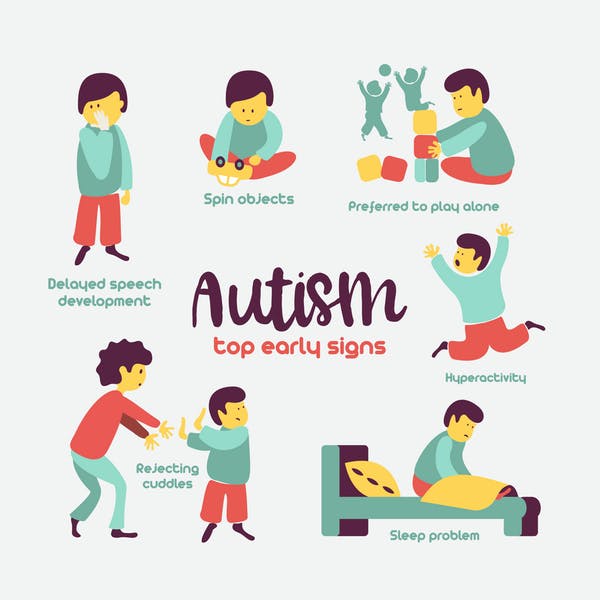Contracts and deals can be effective behavior management tools in the home and in the classroom environment. You already use them informally: “Pick up your room and you can go to the movies,” or “Finish your math and you can have computer time.”
When used effectively, deals and contracts can reduce behavioral problems, keep attention focused and teach one of life’s critical lessons: work = reward. However, pitfalls abound in setting up contracts and deals, especially with children who lack important social skills that contribute to a shared understanding of the contract’s parameters. Adhere to these guidelines for setting up contracts and deals.
Make the contract visual. It can be simple pictures or symbols or a formal, written document. Try using a “working for ____ card. “ The card can be just a picture of the reward with a space to write in steps to earn it.
Contract rules need to be clear and concise. Use straightforward terms that can be easily evaluated, and don’t institute the contract until you are certain that the child understands what is
expected of him, the timelines of thecontract and the reward.
Honor the deal. If one party disregards any component of the agreement, trust is immediately broken and often a behavior problem develops. Once you’ve set up a deal, stick to it.
Be thorough. Most real-life contracts and deals include how much work we have to do, what behaviors or actions are expected of us, what reward we’ll receive and when we’ll get paid. We need to include these elements in our contracts with kids, too.
Avoid setting yourself and the child up for failure. Make sure the results specified in the contract are attainable by the child. Have alternate reinforcers available if the contract doesn’t get fulfilled. Refrain from using rewards that are so big or important to the child that losing them (or the anxiety caused by thinking they might not be attained) will be too stressful.
Watch out for blackmail. Do you ever find yourself saying, “If you stop screaming, you’ll get ____?” Doing so teaches the child that he can get paid to stop behaving in a certain way. What happens after that? The child makes you raise the ante before he stops misbehaving and the time interval between payoffs gets shorter and shorter.
Beware of imprecise language. The word good is subjective in the phrase, “If you’re good, you’ll get ____”; it can change from day to day and person to person. Spell out the required behavior.
If you’re just introducing contracts to a child, start with just a few steps, or maybe even one, such as one piece of work equaling one payoff. With your patience and consistency, your child will be able to start with success and build from there.
Adapted from 1001 Great Ideas for Teaching and Raising Children with Autism or Asperger’s, by Ellen Notbohm and Veronica Zysk.






